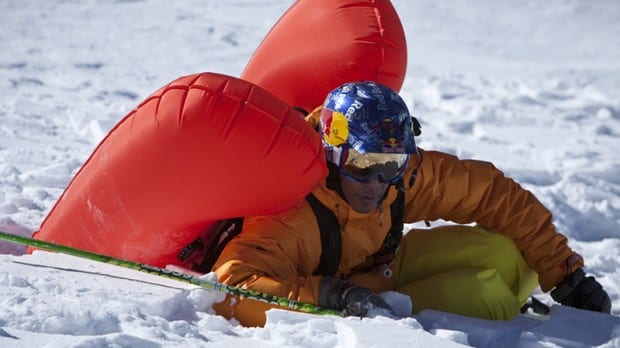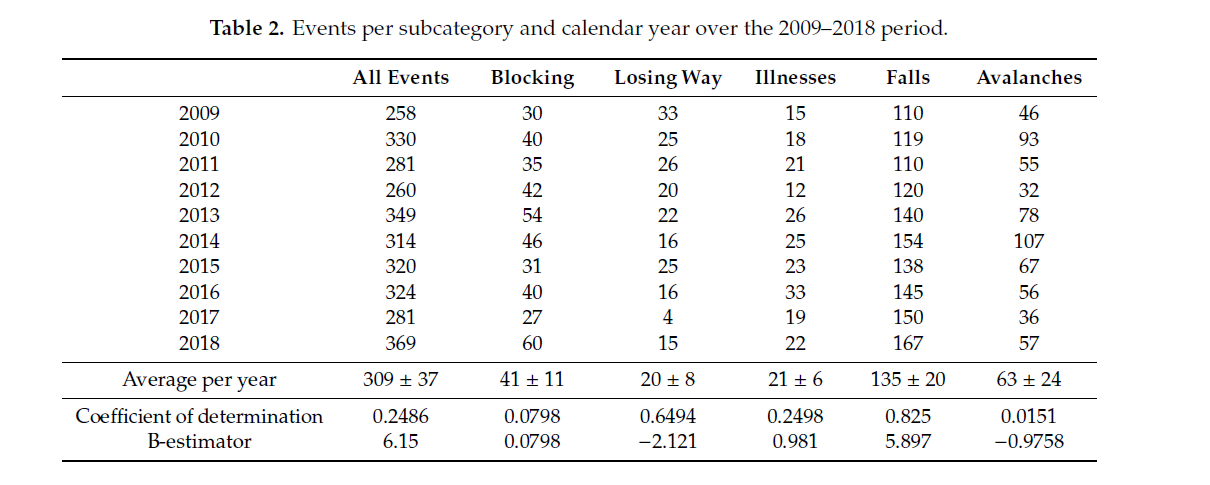Backcountry accident research update from Niseko Chiropractic

Are we safer in the Niseko
backcountry now ?
Hokkaido and seems to have a spike in the number of backcountry incidents over the 2020 season recently that has sadly resulted in some pretty tragic outcomes.
An interesting article was recently published in the International Journal of Environmental Research
and Public Health regarding backcountry accidents. Admittedly it was Switzerland and the stats for Niseko would likely be different due to different relative risks of the terrain but perhaps there is something we can learn from it.
They asked an interesting question.
Given that there has been a big improvement in the quality of backcountry safety gear such as better beacons, airbag systems are we seeing a decrease in the frequency of backcountry accidents.
You only need to play around with one of the first generation beacons compared to the most recent ones of the market to appreciate just how much easier is it find somebody buried under snow with far less in depth training and practice.
We can now access pretty accurate weather and avalanche forecast information on the internet. Surely this should be sending our accident rate down ?
And the answer ?
Surprisingly accidents in Switzerland are increasing or steady despite the quality and safety of gear increasing although we do seem to be loosing our way a little less. Perhaps phone GPS ?
The findings from a swiss study from 2009 to 2018 looking at 3044 accidents found that on average accident rates are not falling and are probably about steady or even increasing slightly for some categories.

But Why ?
The study did not specifically address this question but the authors hypothesized that whilst the gear is indeed getting better the increase in the number of inexperienced skiiers going into the backcountry is causing the accident rate to stay the same.
It certainly does appear that backcountry skiing is getting more popular each year in Niseko so perhaps there are some lessons to be learned here.
I also think it worth noting the accident percentages. Falls counted for 44.6% of injuries and avalanche counted for 18.3%. So you are twice as likely to get in trouble with a fall than avalanche. They did however find that younger skiers are more prone to avalanche risk than older skiers so perhaps the salty old snow dogs experience helps the sniff out trouble early or they are just less likely to try dumb stuff.
I think the take message from this Swiss study to bring to Niseko is
- Better gear does not trump experience or getting the right training. ( although you should have good gear too ).
- Always go backcountry with friends that can keep you safe.
- Re-assess your risk of falling. Are you skiing within your skill limits in the backcountry and are you carrying the gear to manage a fall properly.
References
Int. J. Environ. Res. Public Health 2020, 17(3), 901; https://doi.org/10.3390/ijerph17030901
